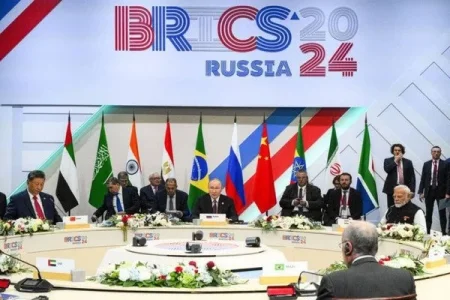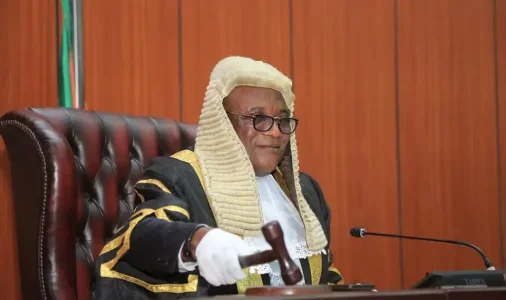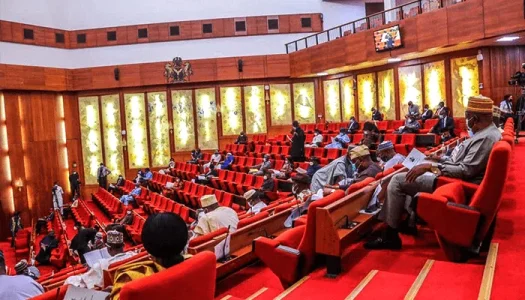
BRICS has officially welcomed Nigeria and 12 other nations as partner countries during its recent summit in Kazan, Russia. This expansion aims to enhance economic integration and cooperation among emerging markets, while Nigeria aspires for full membership, hoping to leverage this partnership for trade and investment benefits.
BRICS has officially expanded its alliance, adding 13 new nations as partner countries during its recent summit in Kazan, Russia, from October 22 to 24, 2024. The countries now included are Nigeria, Algeria, Belarus, Bolivia, Cuba, Indonesia, Kazakhstan, Malaysia, Thailand, Turkey, Uganda, Uzbekistan, and Vietnam. This summit, themed “Strengthening Multilateralism for Fair Global Development and Security,” emphasized the importance of economic integration among emerging nations.
Nigeria’s inclusion as a partner is significant, as it reflects the country’s ambitions for greater participation in global affairs. While being a partner does not grant Nigeria full voting rights within BRICS, it opens the door for selective engagement in discussions that shape global economic policies. The Nigerian government, through the Ministry of Foreign Affairs, confirmed the news, highlighting a long-term vision of joining BRICS as a full member.
Many Nigerians are eager to understand how this partnership will impact them. Being part of BRICS could enhance Nigeria's trade relations, attract foreign investments, and provide opportunities for economic cooperation with other emerging markets. However, there are concerns about the effectiveness of the government in leveraging this partnership to address pressing national issues such as economic instability and social challenges. As the country navigates this new affiliation, citizens will be watching closely to see if the partnership yields tangible benefits for Nigeria.




